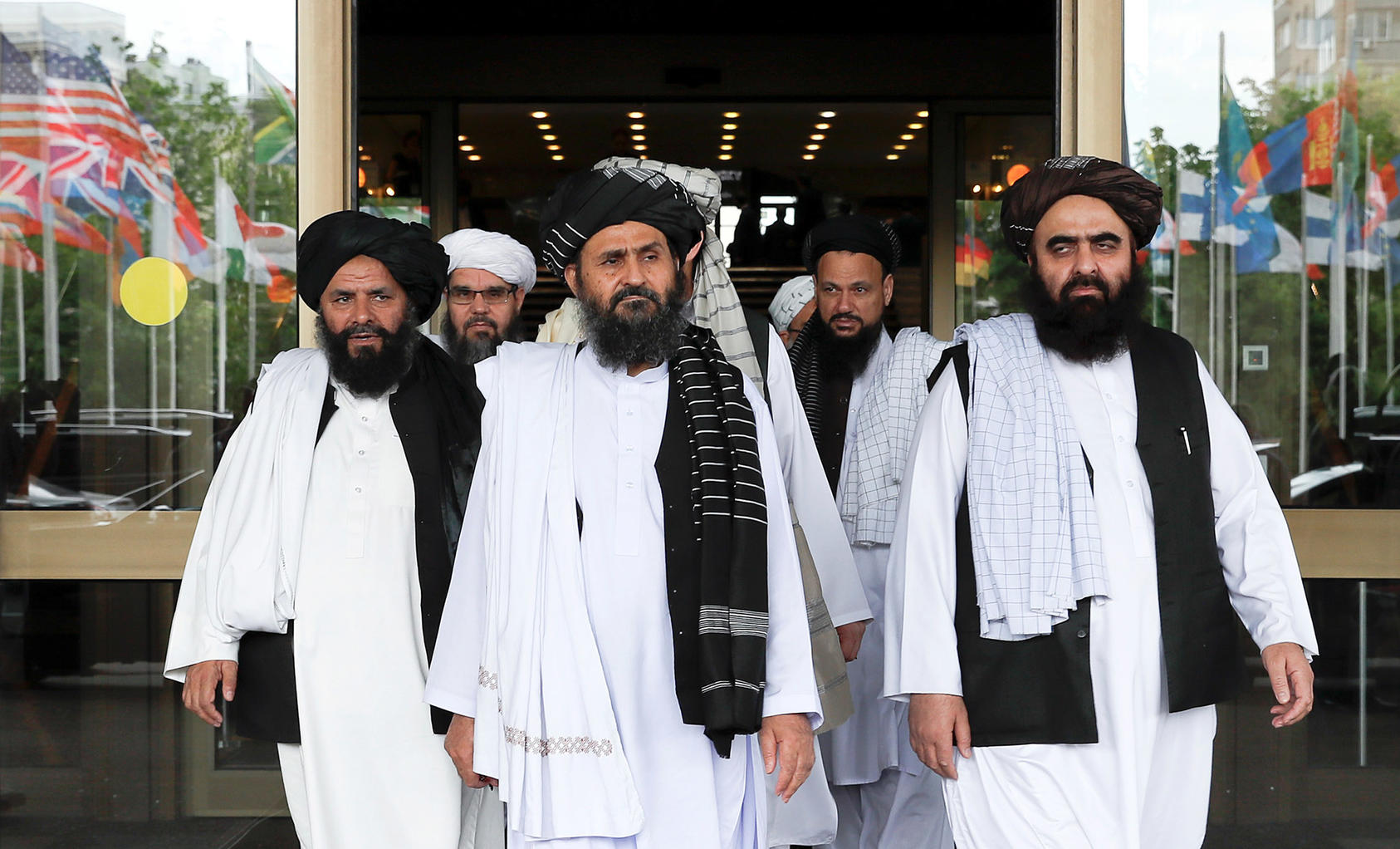Insurgent Bureaucracy: How the Taliban Makes Policy
The system of shadow Taliban governance and the experiences of civilians subject to it are well documented. The policies that guide this governance and the factors that contribute to them, however, are not. This report examines how the Taliban make and implement policy. Based on more than a hundred interviews and previously unreleased Taliban documents, this report offers rare insight into Taliban decision-making processes and the factors that influence them.

Summary
Multiple actors—from the Taliban leadership to local commanders—have played a key role in creating and shaping the movement’s policy in Afghanistan. Taliban policymaking has been top-down as much as it has been bottom-up, with the leadership shaping the rules as much as fighters and commanders on the ground. The result is a patchwork of practices that leadership has increasingly sought to exert control over and make more consistent. This became possible as the Taliban put structures and mechanisms in place, particularly after 2014, to enforce compliance among its ranks. However, although the rules may be set at the top, local variance, negotiation, and adaptation is still considerable.
Policymaking has been driven by military and political necessity: the Taliban needed to control the civilian population and compel its support. Beyond this, a mix of ideology, local preferences, and the practical exigencies of waging an insurgency have guided policymaking and implementation. The Taliban’s desire for international recognition, seen as key to achieving their political goals, has increasingly influenced their rhetoric and, to varying degrees, their policy. This is not true up and down the movement, however. Although international recognition is now a priority for the leadership, commanders on the ground often see immediate military concerns, ideology, and local preferences as more important.
The Taliban today control more territory than at any point since 2001, and it is increasingly clear that they will play a critical role in any future political settlement. Because the Taliban rely on aid agencies and use their relationships with them to enhance their international image, the aid and donor community needs to understand how to better engage with and influence Taliban policy.
About the Report
This report examines how the Taliban makes and implements policy in Afghanistan. Based on more than a hundred interviews as well as unique access to Taliban documents, it offers rare insight into Taliban decision-making processes and the factors that influence them. Funded by the Norwegian Ministry of Foreign Affairs, the research was facilitated by the Conflict, Security and Development Research Group at King’s College London.
About the Authors
Ashley Jackson is an associate researcher with the Conflict, Security and Development Research Group at King’s College London whose work focuses on mediation with insurgencies. Rahmatullah Amiri, a senior researcher and analyst with The Liaison Office, focuses on social-political issues, security, armed nonstate actors, peace and reconciliation, countering violent extremism, and humanitarian issues.




